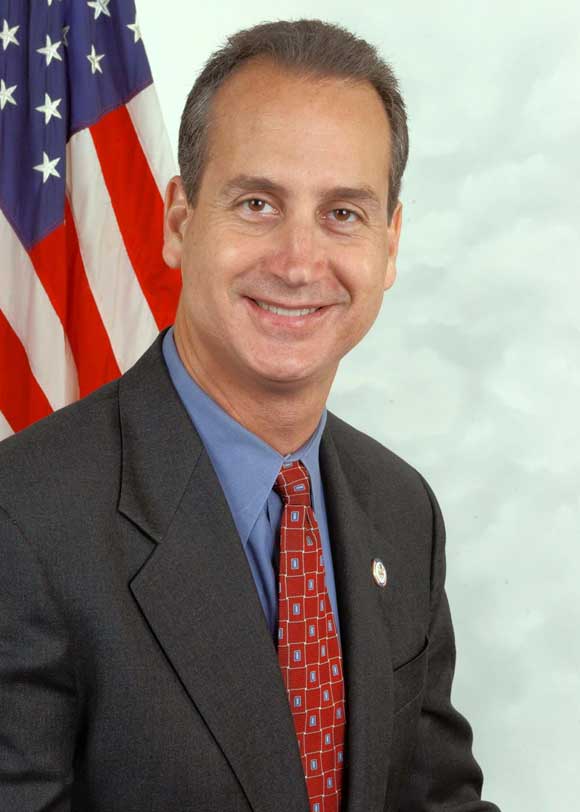An effort by a Florida Republican congressman to overturn Obama administration rules easing restrictions on travel to Cuba may win congressional approval despite a threatened presidential veto, supporters and even some critics say.
Rep. Mario Diaz-Balart’s proposal was initially given little chance of becoming law, especially after President Barack Obama last week vowed to veto it if it reached the White House for his signature.
But as the bill’s possible paths through Capitol Hill became clearer, even some of its critics now say they believe the measure stands a reasonable chance of making it past Congress and even the White House.
“Although we appreciate the president’s veto threat, there is no question that this misguided legislation, due to the way it’s been placed in an appropriations bill, has a good chance,” former Democratic congressional candidate Joe Garcia told reporters in Washington.
“I am certainly not surprised that this looks like it’s going to pass,” added Mauricio Claver-Carone, director of the U.S.-Cuba Democracy political action committee, which supports strong U.S. sanctions on Cuba.
Diaz-Balart’s effort would set Cuba travel restrictions back to their level under President George W. Bush: for Cuban-Americans, only one trip every three years for “family reunifications,” a cap of US$1,200 per year in remittances to relatives and a tighter definition of “family.” Restrictions on non-Cuban U.S residents were far tighter.
Under Obama administration policies designed to help the Spanish-speaking Caribbean island’s civil society overcome the grip of the Communist government, Cuban Americans can visit Cuba as many times as they wish and send at least US$2,000 a year.
Travel and remittance regulations for non-Cuban U.S. residents also have been eased.
Diaz-Balart’s proposal has come under withering criticism from some Cuban-Americans and dissidents on the island who argue that it would only add to the distance between Cuban families on either side of the Florida Straits.
“This measure not only tries to determine who is your relative but when you can visit them,” said Xiomara Almaguer-Levy, president of Xael Charters Inc., one of the seven South Florida companies with US licenses to charter flights to Cuba.
“We also have 18 employees and a bunch of companies that depend on this business,” she added.
She and other charter company owners have flown to Washington to lobby Congress members to spike the Diaz Balart effort.
Almaguer-Levy, like many other critics of the South Florida congressman’s effort, argues that his language on Cuba is certain to fail because of the Obama threat to veto it.
Diaz-Balart’s wording on Cuba was approved by a voice vote — indicating there was no strong opposition — in the House Appropriations Committee as an amendment to a bill funding the Treasury Department and other agencies for the coming fiscal year.
The bill is all but certain to be approved unchanged by the Republican-controlled House. The Democratic-controlled Senate usually does not draft its own version of the Treasury budget bill, leaving it to a House-Senate conference committee, with members appointed by congressional leaders, to craft a compromise.






















